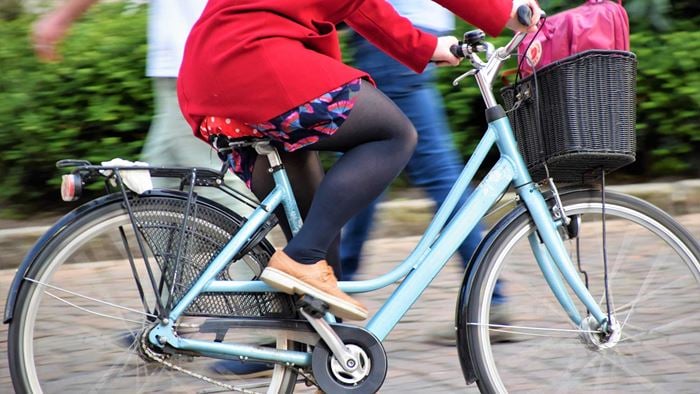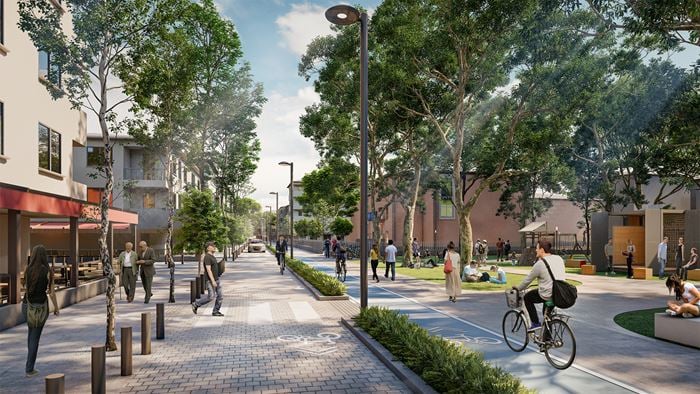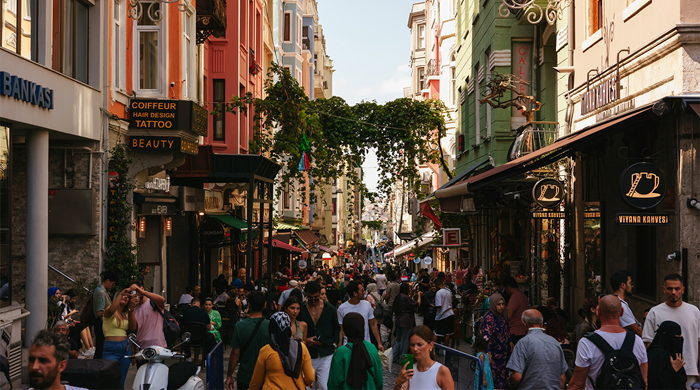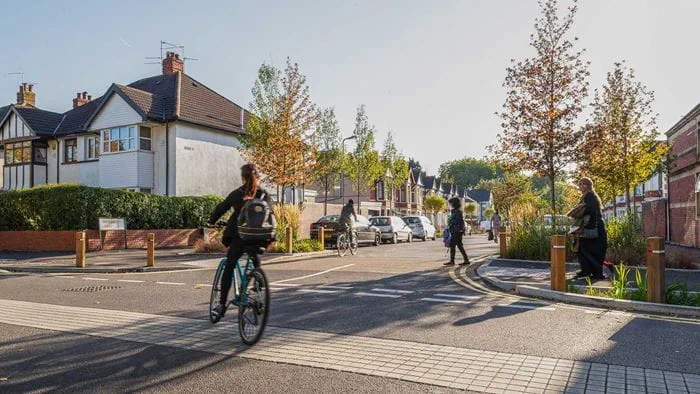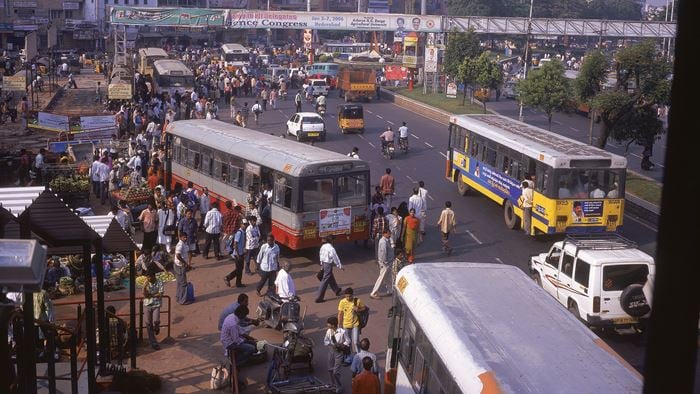In the vibrant cities of Istanbul, Ankara, and Bursa in Türkiye, diversity thrives alongside shared challenges. These urban centres grapple with poverty, gender inequality, and social exclusion. The UK Foreign, Commonwealth & Development Office’s (FCDO) Global Future Cities Programme (GFCP) has been a vital component of the UK government’s Prosperity Fund, established in 2015 to foster economic growth in emerging markets.
Arup as delivery partner for the GFCP in Türkiye, together with our strategic partner UN-Habitat, built a team packed with both local and international expertise, and our Ankara and Istanbul offices supplied vital on-the-ground experience in city planning. They were supported by specialist skills drawn from our multidisciplinary teams across Europe and the UK, and knowledge gained on previous development projects.
We led projects in the capital city, Ankara, and within its cultural and financial district of Çankaya, as well as in Istanbul and Bursa. In each area we worked alongside different local government organisations and communities, learning about the challenges they face and how local people would like to change their neighbourhood.
To ensure our work leaves the best possible legacy, we focussed on maximising input from local communities, and on building the capacity of Turkish Municipalities. This approach has enabled local decision-makers to implement strategies and develop further plans to make their cities even more inclusive, prosperous and resilient.
Project Summary
21,000 stakeholders actively engaged
670 municipality staff trained in transport, urban planning or resilience
75% engagementfrom under-represented groups, exceeding the 25% target
Sustainable, liveable, resilient cities
The Global Future Cities Programme (GFCP) aimed to support cities in ten middle-income countries through improvements to city planning and management. Aligned to the UN Sustainable Development Goals (SDGs), its objectives were to create more sustainable and environmentally resilient cities; support a reduction in poverty and social inequality; and develop mutually beneficial two-way trade and investment opportunities.
Adapting to the needs of local communities
In Ankara, our transport planners, traffic engineers and change management consultants worked with Ankara Metropolitan Municipality to create a city-wide cycle network that integrates with public transport. We also advised on engagement – surveying 11,500 residents – as well as behavioural change. Crucially, we ensured the plan reflects the needs of older people, those with disabilities, women and children.
By improving accessibility and enhancing public spaces, the Healthy Streets Project is also building a more vibrant community for the one million residents of Ankara’s Çankaya district. Taking a participatory approach, our urban designers and city planners developed a sustainability-driven framework to boost quality of life and create a greener and inclusive community. Nature-based solutions were integral to the project, making the district more resilient to the effects of climate change. Measures such as reforestation will help reduce the urban heat island effect and provide attractive, vibrant places for residents to spend their free time.
In Istanbul, Türkiye’s largest city, we worked alongside the Istanbul Metropolitan Municipality to design a new urban planning process. This centres on increasing participation and engaging with under-represented groups to create cities that work for everyone. As a result of the project, the Municipality has created a new unit within the Directorate of City Planning specifically to support citizen participation.
For the 16 million people living in Istanbul, mobility is a critical issue. Leveraging our expertise in transport, the sustainable urban mobility plan (SUMP) we helped Istanbul to devise is a world-first for a city of this size. By encouraging a modal shift to active travel and public transport, the plan will result in a more sustainable, accessible, affordable and inclusive transport system. It will also reduce congestion, improve safety and protect the health of vulnerable residents.
And in Bursa, where the transport system must adapt to rapid urbanisation and population growth, we created a policy-guided smart city strategy to improve transport accessibility. Bursa’s Metropolitan Municipality was keen to prioritise urban sustainability and social inclusion. Our roadmap and bespoke guidelines will enable this, while facilitating a more efficient and resilient network.
Long-term environmental benefits and capacity-building
Everything our experts undertook was tailored to each community’s needs, responding to the input we sought from residents and factoring in cultural and heritage considerations. And by building capacity within the different municipal authorities, we ensured each city can take the plans through the implementation phase and adapt to change over the coming decades.
Since the programme concluded in 2022, other Turkish cities have begun developing SUMPs inspired by the success in Istanbul. After a successful pilot, Ankara Transport has delivered the bicycle masterplan.
The projects in Türkiye also enabled us to deploy UN-Habitat’s new SDG assessment tool, which helps integrate the SDGs into strategies and plans for future urban development. Results and feedback from this pilot will be used to benefit dozens of UN-Habitat projects around the world.
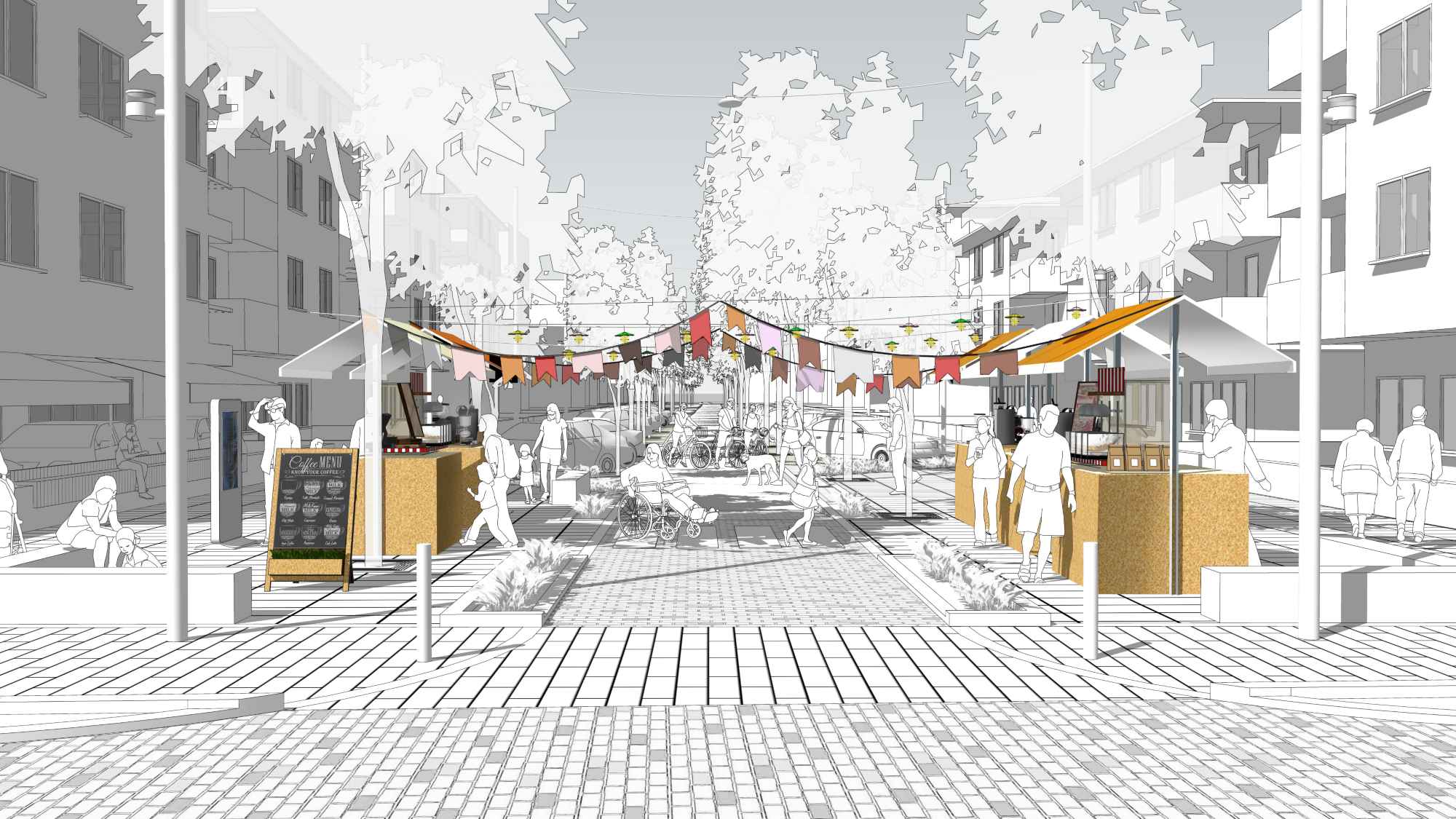 ;
;



